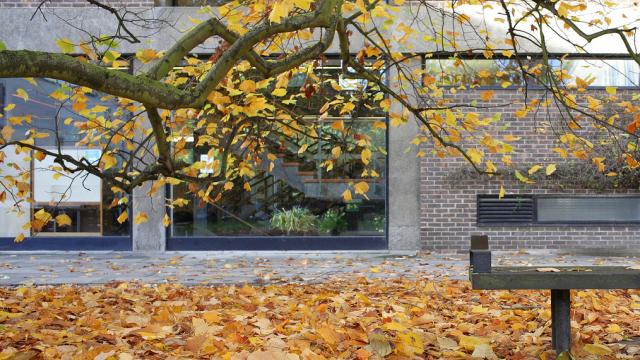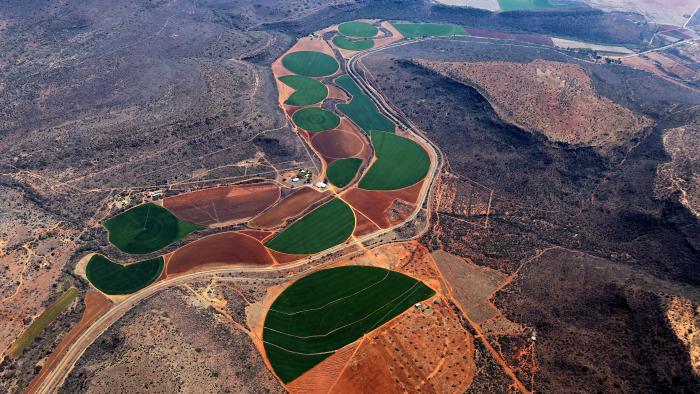Land Economy at Wolfson
Students reading the Land Economy Tripos obtain in their first year a solid grounding in economics, including microeconomics and macroeconomics and areas of particular interest in relation to land, such as urban economics, regional economics, finance and investment analysis and environmental economics. Students also get a solid grounding in law. There are papers in Public Law and, in the second year, Law of Real Property, Private Law and Landlord and Tenant Law.
The programme is rigorous. Students are introduced to complex theoretical debates and to their practical implications. There is also considerable scope for original research in the form of a third-year dissertation. It is not a programme of vocational training, yet it has the advantage of recognition by the Royal Institution of Chartered Surveyors under a special partnership scheme. The course also carries part-exemption (by application) from the requirements of the Law Society.
You can find further information about studying Land Economy on the University's course pages. Detailed information is also available on the Department's Prospective Undergraduates page.

What are we looking for?
Applicants for the Tripos are drawn from a wide variety of backgrounds and have a wide variety of goals. There is no stereotype and the Department has students with a mix of skills and interests. What matters is analytical ability, enthusiasm, wider exploration of the subject and a willingness to work hard.
Entry Requirements
No particular subjects at A level (or equivalent) are required for the Land Economy course but a combination of arts and science subjects is recommended. Economics, Mathematics, Geography and Law are particularly useful but not essential. Please consult the University's entry requirements for Land Economy for further information.
Applications
Applications to study Land Economy at Wolfson are submitted through UCAS. The College additionally requires the submission of written work and an online interview, as detailed below.
|
Written Work |
Applicants are required to submit two pieces of written work by 2 November. This should be in a related discipline which the candidate is studying or has studied. For the March round, all applicants must submit their written work by 8 March. |
|
Assessment |
There is no written assessment. |
| Interview | Shortlisted candidates will be invited to be interviewed in December (or late March for those who apply in the March round). There will be one or two interviews (in total lasting 40-50 minutes) which will be conducted online via Zoom. |
For more information about making an application, please visit our application webpages.
You can also find useful information on our Application FAQs page.
